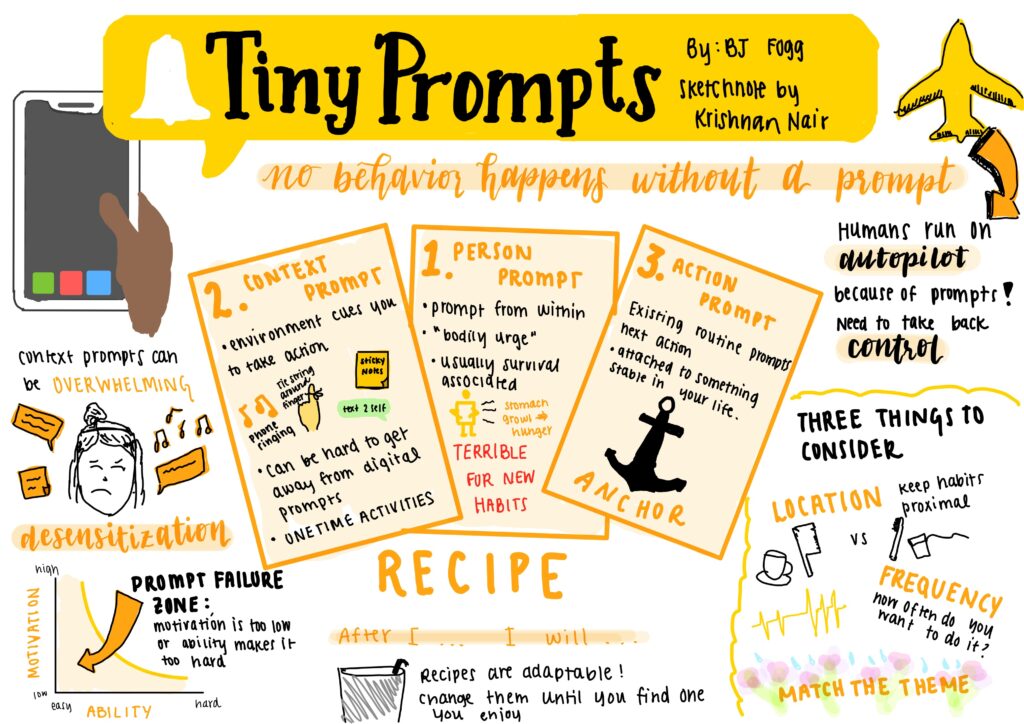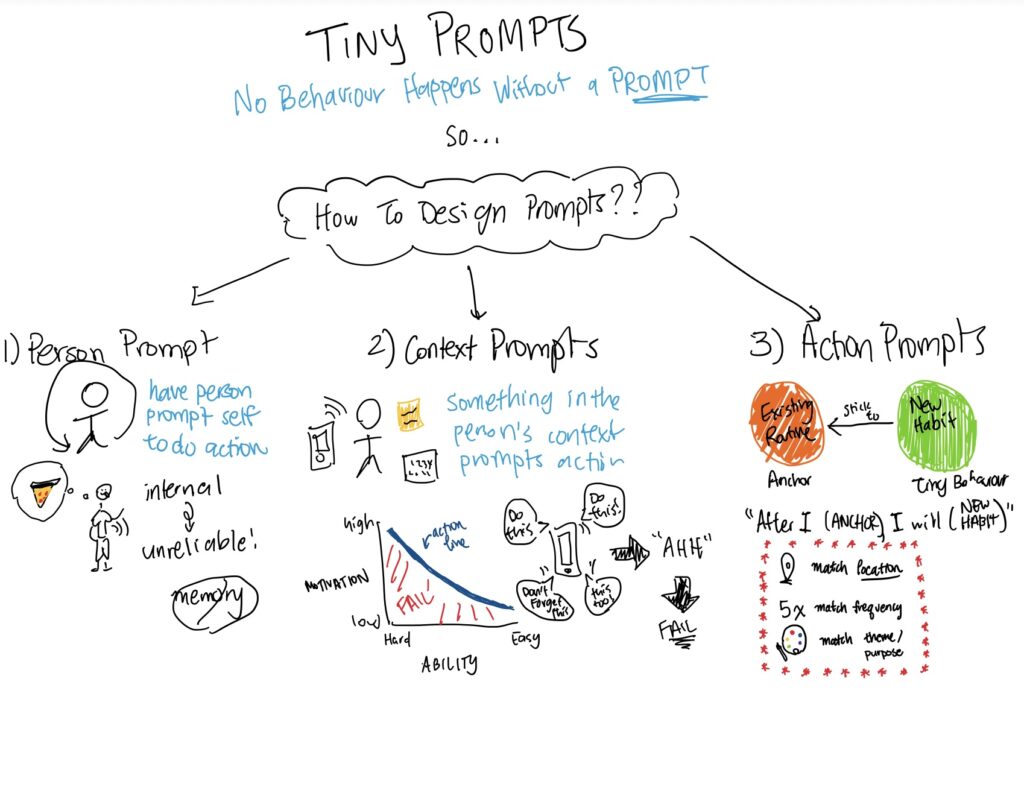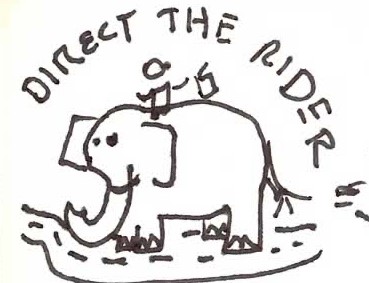The preface and chapter one emphasized the ambiguous and do-everything nature of a product manager’s role in a company. To me, this sounds like entrepreneurship in a corporate setting. While the title, role description and details vary from company to company, the general idea of being responsible for a product outcome and also needing to fill in whatever gaps may arise as the project/product develops seems to be consistent. I see how important this job is in a company, as any project/product of note needs an organizer to be successful. If everyone is responsible for a product, it’s harder to actually hold someone accountable. But I can also see how easy it is become overworked, ineffective or unappreciated by others because of the complex requirements of the role. Having to create a plan, get buy in, guide without micromanaging, motivate, meet deadlines etc requires emotional intelligence, the ability to compartmentalize and prioritize which doesn’t come naturally to everyone. Those aptitudes and skills need to be cultivated consciously, as they won’t necessarily improve with time unless they’re being worked on. Experience usually helps, but won’t guarantee success.
Given how difficult product management can be, I lean towards focusing on technical roles such as software engineering early on in my career and being open to product management type roles later on in my career. Most, if not all, well-paid jobs have some degree of ambiguity, but technical roles seem to have less ambiguity than managerial roles. By starting out in a technical role, I feel that my professional maturity, collaboration capacity and problem solving would improve and give myself a better chance at being a successful product manager. I would want to ask the author what they think of this approach to entering the field. Are there downsides I should consider to avoiding PM roles early in my career?



